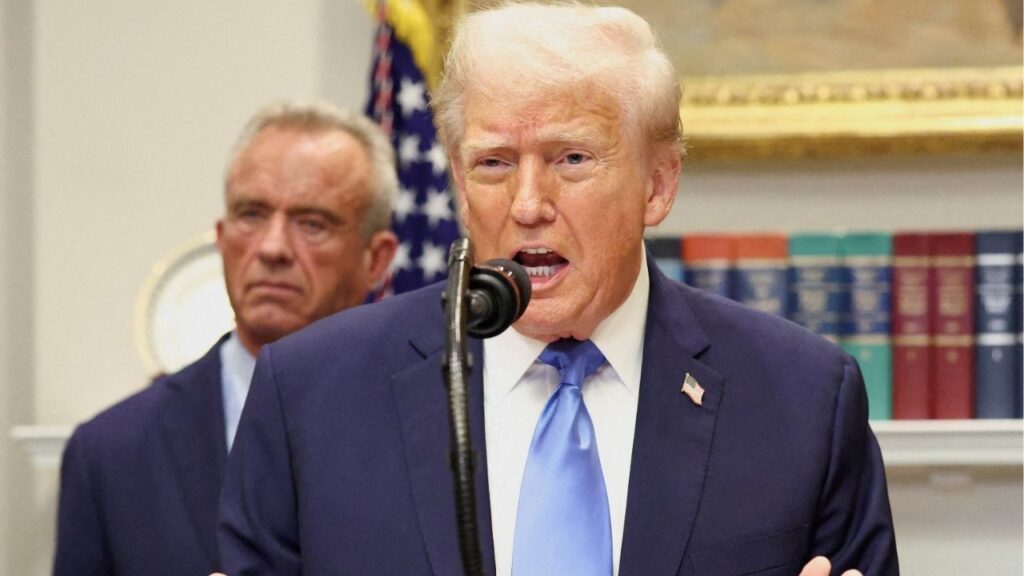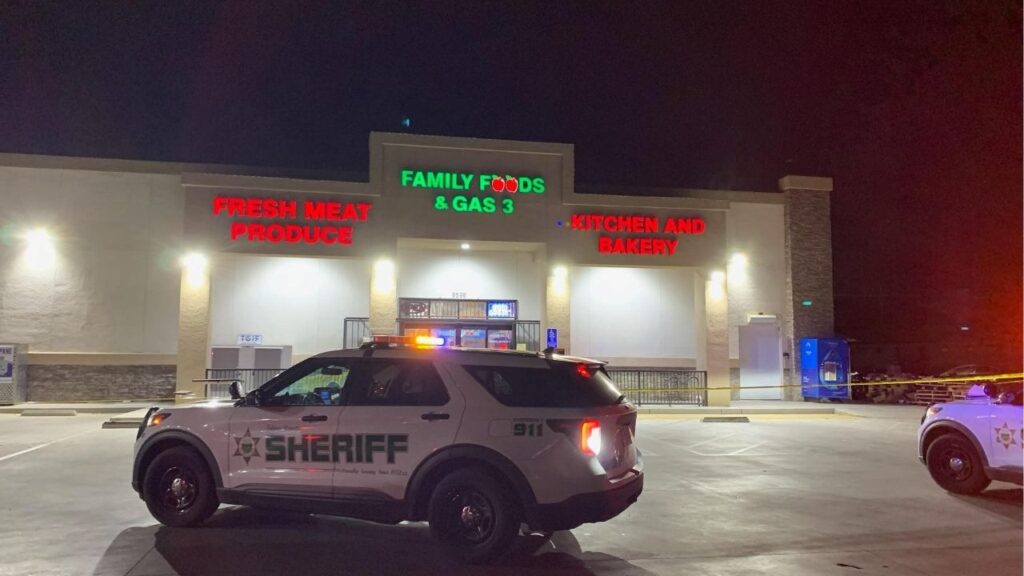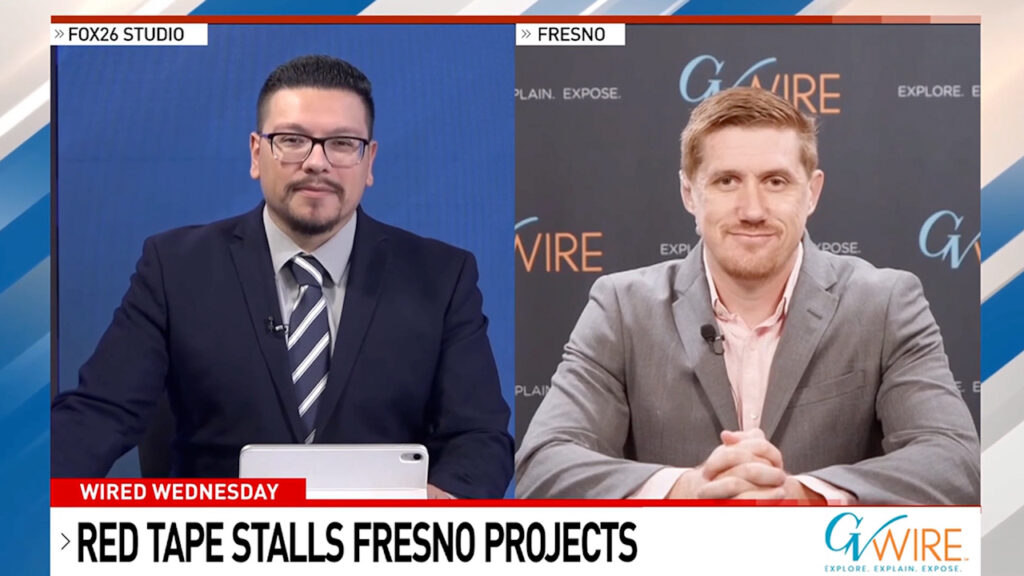Share
The opioid epidemic has cast a dark shadow over America, claiming hundreds of thousands of lives and leaving communities with the aftermath of addiction and loss. This crisis needs a multifaceted approach, and law enforcement is crucial in addressing these challenges.

James Fotis
Opinion
The answer to finally ending the scourge of opioid addiction in the United States will require more than curtailing the over-prescription of opioids. While this has long been the target of blame for the opioid overdose epidemic, recent studies point to a more sinister villain: a synthetic opioid known as fentanyl.
As this deadly substance has rapidly spread through the illicit narcotic supply, overdose death rates involving fentanyl quadrupled from 2016 to 2021 and have pushed overdose deaths in the United States above 100,000 for the first time in history. Concurrently, overdose deaths linked to prescription opioids, though a problem, decreased during the period.
Such findings highlight the consequences of this surge in illegal opioids and underscore the need to address their influx into our communities. Law enforcement will be a linchpin in this effort by curbing the illicit drug trade, assisting those struggling with addiction, and developing safer communities. Roadblocks remain in some places to secure the resources necessary to accomplish these goals.
Convoluted legal battles that have often been encouraged by financially motivated attorneys could limit access to critical funding sources, such as the landmark $26 billion global opioid settlement reached in February of last year with several companies involved with the manufacturing and distribution of prescription opioids. While most states and localities across the county have opted into this settlement, others, such as Washington state and the city of Baltimore, have chosen separate legal battles over swift resource allocation.
Such legal proceedings can offer a platform for justice and accountability, but choosing the wrong pathway can jeopardize a crucial influx of resources law enforcement agencies desperately need to tackle this crisis. Consider the case of Oklahoma, which also pursued the same path that Washington state and Baltimore are taking. Oklahoma’s attorney general declined to fully opt into the settlement and took part of the case to trial, ultimately losing at the Oklahoma Supreme Court. Despite his intent to secure additional funding to combat the opioid crisis, the state encountered roadblocks, delays, and legal complexities that ultimately prevented resources from reaching law enforcement.
Innovative Programs Save Lives
On the ground, this means innovative programs that can help turn the tide of the opioid crisis go unfunded. For example, in Florida, funding and training have been provided for first responders to participate in pre-arrest diversion programs, post-overdose response teams, or similar strategies that connect at-risk individuals to behavioral health services and support.
Meanwhile, Massachusetts is exploring using its share of settlement funds to make new investments in such solutions as mobile crisis response teams and transitional housing, launching several promising pilot programs. Worcester, the second-largest city in the state, has used its share of the settlement money to launch a Mental Health Community Mobile Crisis Response pilot program. Dispatchers answering 911 calls involving a mental health or substance use issue can summon a crisis team of mental health clinicians to de-escalate a situation and connect the person needing appropriate resources. Officials hope this will reduce arrests and emergency room visits involving people in mental health crises.
Project Started with Research
Stories like this illustrate how access to such settlement funds can offer hope and provide a path forward to ease the toll of this overdose crisis. As such, the debate over legal strategies must consider the situation’s urgency. Protracted litigation, though an avenue for justice, risks sidelining the critical support law enforcement agencies require. It is imperative that states and localities heed the lessons of the past, particularly the experiences of those who have grappled with lengthy trials, and prioritize timely, substantial resource allocation to address this epidemic head-on.
The fact remains that ending the opioid crisis hinges on comprehensive efforts, including quality, affordable treatment programs and preventing the proliferation of illicit fentanyl. As the nation strives for a future free from opioid addiction, the partnership between law enforcement, states, and communities is of prime importance. By learning from the past and acting urgently, we can bridge the gaps in our response and collectively work toward a brighter, opioid-free tomorrow.
About the Author
James Fotis is the president and founder of the National Center for Police Defense Inc. He wrote this for InsideSources.com.
Make Your Voice Heard
GV Wire encourages vigorous debate from people and organizations on local, state, and national issues. Submit your op-ed to rreed@gvwire.com for consideration.
RELATED TOPICS:
Categories

Trump Administration Scraps $8 Billion for Climate-Related Projects

Wildlife Advocate, Primate Expert Jane Goodall Dies at 91

Stocks Mixed, Gold Hits Record as US Government Shuts Down















